Quantum Sensing & Metrology Jobs

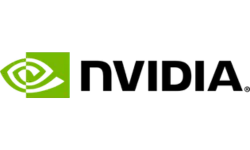
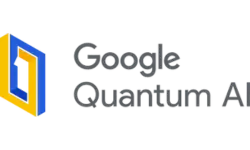


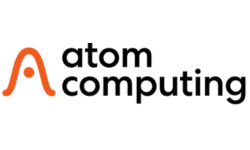
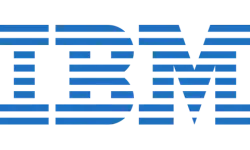
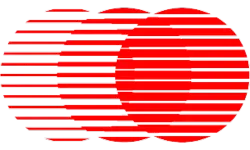
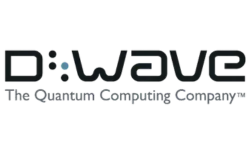


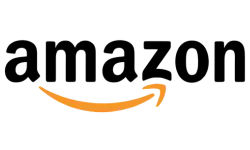
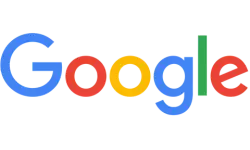
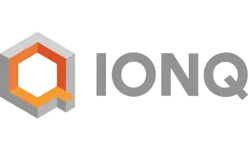































Search jobs
Know the Basics
Using quantum properties to measure things with extreme precision…detecting tiny magnetic fields, gravity changes, or time intervals for applications like medical imaging, navigation, and underground mapping.
What does a quantum sensing engineer do?
Quantum sensors are designed and built to measure a range of physical quantities with extreme precision. You will work with prototype quantum sensors and calibrated measurement systems. You will also work with quantum sensors to solve real-world issues such as medical diagnostics and geological surveying. You will work with an instructor on more advanced integrated quantum systems.
We’ve adapted tools from standard information theory to quasi-probabilities and shown that filtering quantum particles can condense the information of a million particles into one. David R. M. Arvidsson-Shukur, University of Cambridge
How much can I earn in quantum sensing careers?
Salaries can range from £70,000 to £120,000 or higher, depending on experience, education, and industry. Entry-level positions typically start around $80,000-$100,000 a year in the US and EU. Senior specialists can earn $140,000-$180,000+ a year.
What skills do I need for quantum sensing jobs?
The Job requires a solid understanding of quantum optics and atomic physics. Other important concepts are laser systems and cryogenics as well as quantum signal processing. The development of the role requires experience with lab systems and vacuum systems, as well as Python or MATLAB for data processing and hands-on experimental competence.
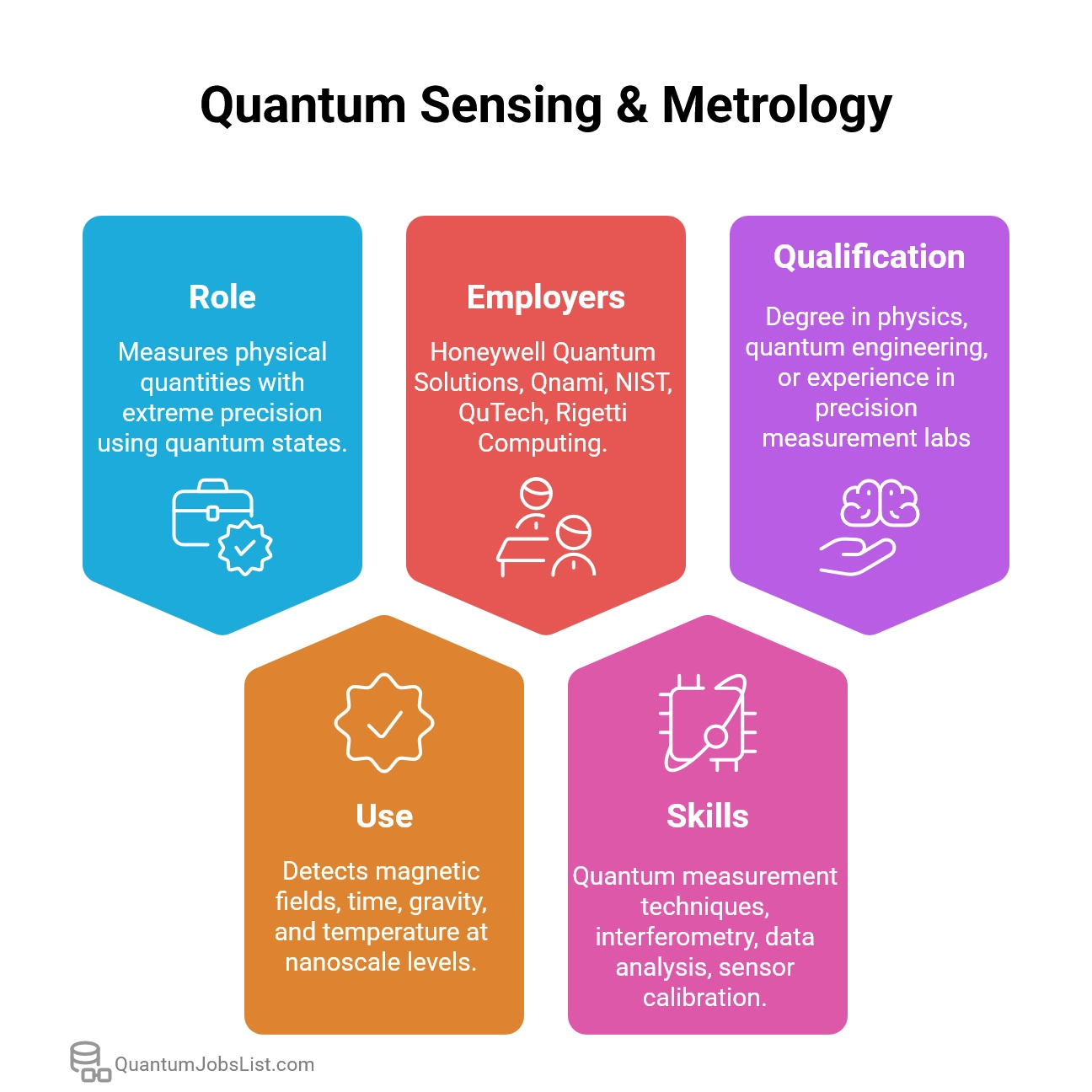
What industries hire quantum sensing specialists?
Organizations like IBM Quantum, Honeywell, Google, and various defence contractors are at the forefront of quantum sensing innovation; Medical imaging companies, oil and gas exploration firms, navigation technology companies, and national security agencies also hire quantum sensing experts.
Quantum computing may still be a dream, but quantum technology is here today. Sensors based on quantum principles are already being used in real applications. Duncan Haldane, Nobel Laureate
What real-world applications use quantum sensing?
Quantum metrology applies to atomic clocks used for GPS or internet time synchronization. Other applications include detecting underground tunnels or mineral deposits, brain imaging for medical diagnostics, measuring gravitational waves, and creating ultra-precise navigation systems that don't rely on satellites.
Can physicists from other fields transition to quantum sensing?
Yes. Physicists from optics, condensed matter, atomic physics, and other fields can move into quantum sensing by learning, how quantum states improve precision and signal detection; Uses of quantum metrology include:-
- GPS and atomic clocks for ultra-precise time synchronization.
- Detecting underground tunnels and mineral deposits Brain imaging for advanced medical diagnostics.
- Measuring gravitational waves.
- Building navigation systems that work without satellites.
.svg)

